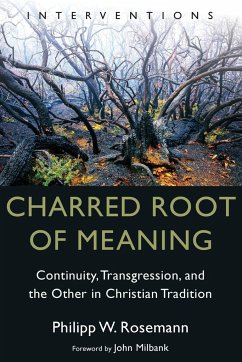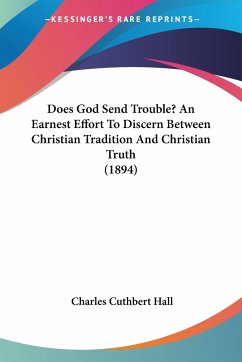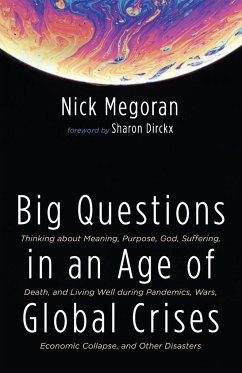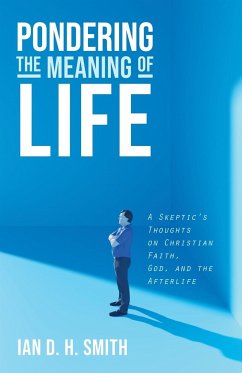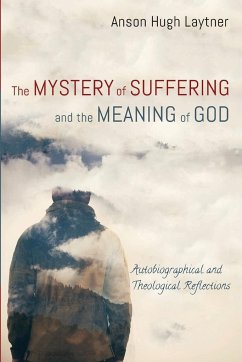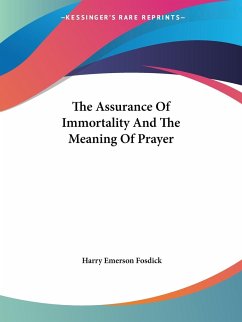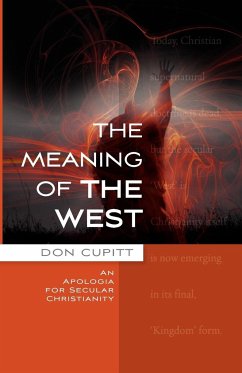Ecologists tell us that periodic wildfires, though devastating, are necessary to the rhythm of nature. The death of the old allows something new to grow, sometimes straight back from the charred roots. Christian tradition functions much the same way, says Philipp Rosemann. In this book he examines how transgression and destruction are crucial in the foundation and preservation of tradition. Theories of tradition have emphasized the handing-down of identity rather than continuity through difference. Rosemann shows that divine revelation occurs as an irruption that challenges the existing order. The preservation of tradition, he argues, requires that this challenge be periodically repeated. Offering a historical, theological, and philosophical approach to Christian tradition, Charred Root of Meaning shows how transgression and reformation keep the Christian faith alive.
Hinweis: Dieser Artikel kann nur an eine deutsche Lieferadresse ausgeliefert werden.
Hinweis: Dieser Artikel kann nur an eine deutsche Lieferadresse ausgeliefert werden.

